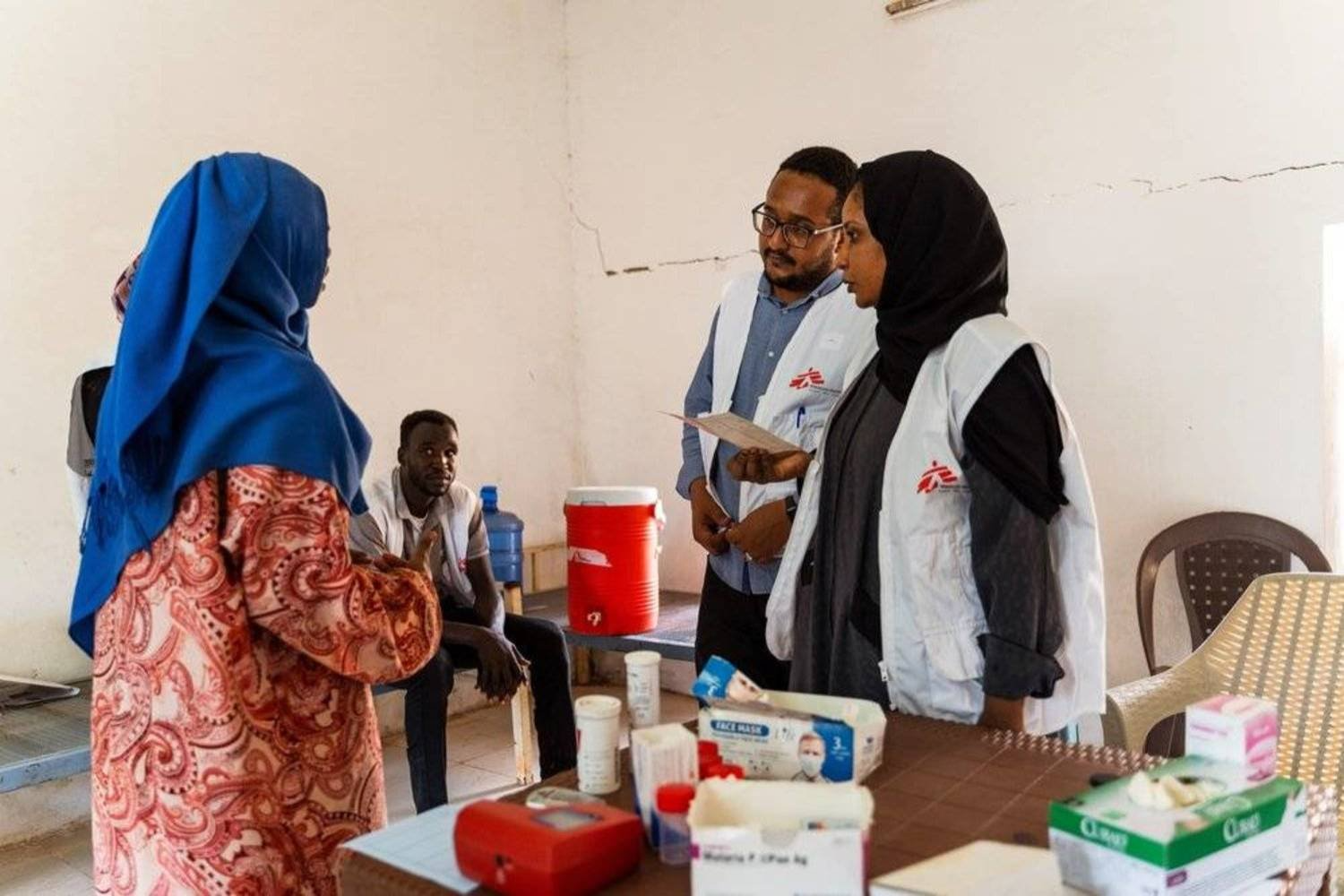Human Rights Watch on Thursday accused the Rapid Support Forces in Sudan of carrying out ethnic cleansing and killings against the non-Arab Massalit people in El Geneina, the capital of West Darfur.
The leading rights group said the attacks indicate that genocide has been or is being committed there.
In the 186-page report, “'The Massalit Will Not Come Home': Ethnic Cleansing and Crimes Against Humanity in El Geneina, West Darfur, Sudan,” HWR documented evidence of the campaign carried out against the Massalit residents in their historic capital, El Geneina.
The rights body documented that the RSF and their allied mainly Arab militias, targeted the predominantly Massalit neighborhoods of El Geneina in relentless waves of attacks from April to June. It showed that abuses escalated again in early November.
“Attacks by the Rapid Support Forces and allied militias in El Geneina, capital of Sudan’s West Darfur state, killed at least thousands of people and left hundreds of thousands as refugees,” the report said.
More than half a million refugees from West Darfur have fled to Chad since April 2023. As of late October 2023, 75 percent were from El Geneina.
The rights body said the serious violations that targeted the Massalit people and other non-Arab communities with the apparent objective of at least having them permanently leave the region, constitutes ethnic cleansing.
Genocide
Tirana Hassan, executive director at HRW said the particular context in which the widespread killings took place also raises the possibility that the RSF and their allies have the intent to destroy in whole or in part the Massalit in at least West Darfur, which would indicate that genocide has been and/or is being committed there.
Therefore, the rights body called for urgent action from all governments and international institutions to protect civilians.
“They should ensure investigation as to whether the facts demonstrate a specific intent on the part of the RSF leadership and its allies to destroy in whole or in part the Massalit and other non-Arab ethnic communities in West Darfur, that is, to commit genocide,” HRW noted.
Also, Hassan said the UN and African Union should urgently impose an arms embargo on Sudan, sanction those responsible for serious crimes and deploy a mission to protect civilians.
The violence in El Geneina began nine days after fighting broke out in Khartoum on April 15, 2023 between the Sudanese Armed Forces (SAF), led by General Abdel Fattah al-Burhan, and the RSF, led by Mohammed Hamdan Dagalo, widely known as Hemedti.
The UN says about 15,000 people are feared to have been killed in El Geneina last year. Also, the crisis left the majority of Sudan's 48 million people facing catastrophic levels of hunger and has driven more than 8.5 million people from their homes.
According to the HRW report, violence culminated in a large-scale massacre on June 15, when the RSF and its allies opened fire on a kilometers-long convoy of civilians desperately trying to flee, escorted by Massalit fighters.
Harrowing Testimony
According to the HRW report, the RSF and allied militias escalated their abuses again in November, targeting Massalit people who had found refuge in the El Geneina suburb of Ardamata, rounding up Massalit men and boys and, according to the UN, killing at least 1,000 people.
A 17-year-old boy described to HRW the killing of 12 children and 5 adults from several families. He said, “Two RSF forces grabbed the children from their parents and, as the parents started screaming, two other RSF forces shot the parents, killing them. Then they piled up the children and shot them. They threw their bodies into the river and their belongings in after them.”
Also, HRW documented the killing of Arab residents and the looting of Arab neighborhoods by Massalit forces in Darfur.
The rights body called on the global community to support the investigations of the International Criminal Court (ICC) to ensure it has the financial resources needed in its regular budget to carry out its mandate in Darfur and across its docket.
Last July, the ICC said it is investigating alleged new war crimes and crimes against humanity in Sudan's Darfur region.
















